Far from winding down, the year seems to have upped its frenetic pace. My kids are enjoying an advent calendar chocolate a day, so we know the holidays are near, but there is a lot happening. At home, it is a time of transition as my son gets ready to start formal schooling and my daughter looks forward to high school. We have end of year events, farewells to preschool and primary school, and orientations for new schools. At university, there are examination meetings across disciplines, departments and the Faculty; Information Day for prospective students; students submitting grade appeals; offers to next year’s students; and many end-of year meetings (and Christmas parties).
My thoughts are turning to the year that was, but I will save challenging reflections for later, and turn to books. Here were some of my favourites, in fiction:
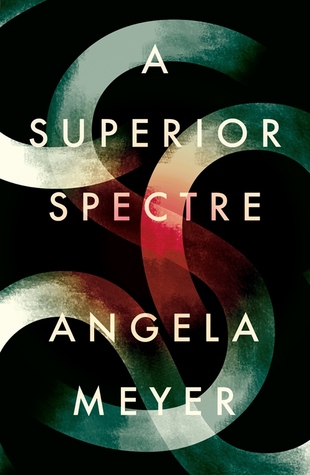



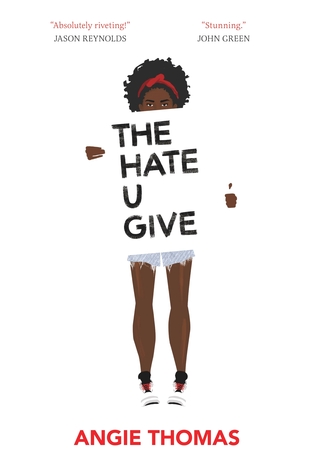

Left to right: A Superior Spectre, The Art of Taxidermy, Home Fire, Plum Rains, The Hate U Give, Beneath the Mother Tree.
And in non-fiction: Ghosts of the Tsunami, Bad Blood, I Am I Am I Am.

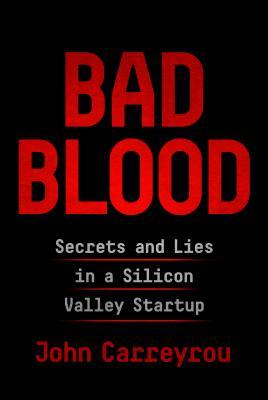
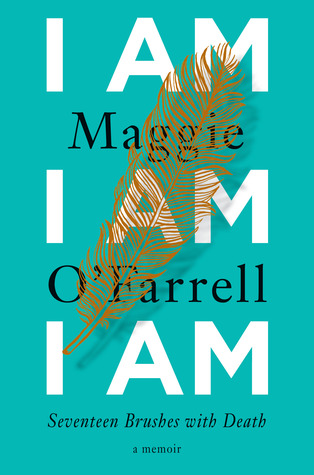
In another bookish highlight of 2018, I read Du Iz Tak? to a group of preschoolers for Book Week. The experience has encouraged me to make school reading groups a priority for next year. Here is how it was described in the newsletter by one of the educators:
I think my strongest memory from book week was joining the [3-5 year old] children for a story [read by Agnes]. I loved watching [their] eyes wander the pages … written in an imaginative insect language. In fact, all of the children were transfixed and taken away to this magic insect land. I was surprised by how quickly the children adapted to the different language and were engrossed in the story. The subtle nature of the seasonal changes was noted and the children were all able to share their understandings of the changes at the end of the story.
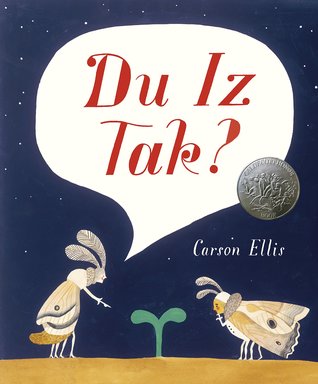
Last year, I wrapped up blogging with a year in first lines. This year I want to end the way I started—with questions.
I mused on the following questions over a year of posts, and they will carry forward into 2019.
- What did I achieve that I feel proud of? What are my goals and priorities for next year?
- What have I learnt from what went well, and what felt uncomfortable or difficult?
- What were my most valued relationships at work? Who do I want to work with next year?
- What did I enjoy reading and writing? What do I want to read and write next year?
- How did I spend my time? What did I most enjoy? What am I looking forward to?
Thinking about what felt uncomfortable or difficult, I asked:
- How is what Barnett calls the emptiness of the “imaginary landscape” of higher education visible in our selves, on our campuses and in our writing?
I was reminded of this watching university advertisements recently. This emptiness renders universities as non-places, interchangeable, without distinctiveness, populated by anonymous citizens of anywhere or nowhere.
In Slow Philosophy, Boulous Walker describes institutionalised reading (hasty, shallow, for information extraction, to simplify, skimming).
- Do I read institutionally?
To my shame, yes; sometimes it seems necessary and strategic. I don’t want it to become my default mode of reading. I am trying to break away from it by reading theoretical texts that demand contemplation, developing methodological understandings and building my intertextual knowledge library.
I didn’t ask a lot of questions in April, so here is a bonus one from March, when I was thinking about frugal hedonism:
- If someone walked three days to be in your class, would you teach the same way you do now?
I have found this almost impossible to contemplate.
At a presentation on values and leadership, the Vice-Chancellor asked:
- What do you have control over? What do you want to influence? And what do you need to know about?
I have been thinking about career planning, the illusion of control and letting go recently, so may return to this question in a future post.
Being challenged on Twitter to post a black and white photo every day prompted me to ask:
- What moment of today do I want to remember?



My academic identities co-researcher Catherine Manthunga prompted the project team to ‘notice’ while reading our interview transcripts:
- What jumps out at you, resonates, irritates, or jars? What surprises, delights, repulses, angers you while reading? Why?
Focussing on the senses offers an embodied way of noticing:
- Can you describe the features of x? What did that (event, person, setting) sound like? Is there a smell that particularly reminds you of that time? What was the sensation of that movement? What did that food remind you of?
The Academic Identities Conference at the University of Hiroshima asked:
- How can we envision a ‘peaceful’ future higher education and academic identities? What are we aspiring after as dwellers of the university and how are we going about it?
In the midst of a curriculum transformation project with a focus on course learning outcomes, I read Out of the Forest and wondered:
- What might teaching without pre-determined learning outcomes look like?
- How to spend the gift of time that a cancelled meeting offers?
I drank tea and read. I could have done something more ‘productive’. I read about time management, despite disliking most of the suggestions. I rarely organise my to-do list by urgency or importance, for instance. This article in The Guardian offers a useful counter-suggestion:
Don’t divide by urgency. Figure out when in the day you feel most creative, when you feel most physically energetic, when you feel most plodding but effective. I ordered tasks by the mood they required. In the space of a single day, I had noticed the difference.
December
And so the year comes full circle; I think about what has been achieved, learned, valued, read, written and enjoyed. And I look to next year, and these questions in the future tense. What am I looking forward to? Right now, idle days of summer, time with family and friends, and the pile of books next to my bed:
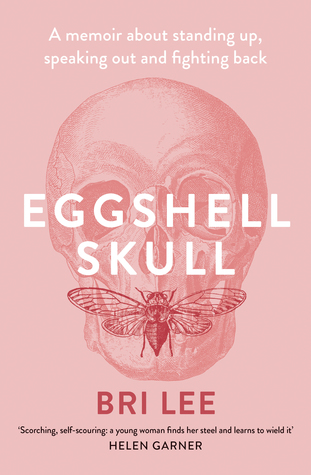


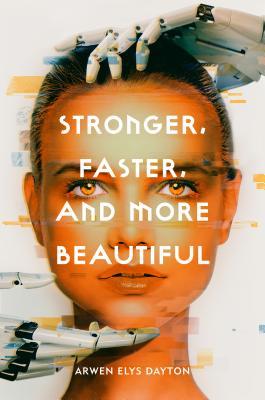


Pingback: Notes while reading | The Slow Academic